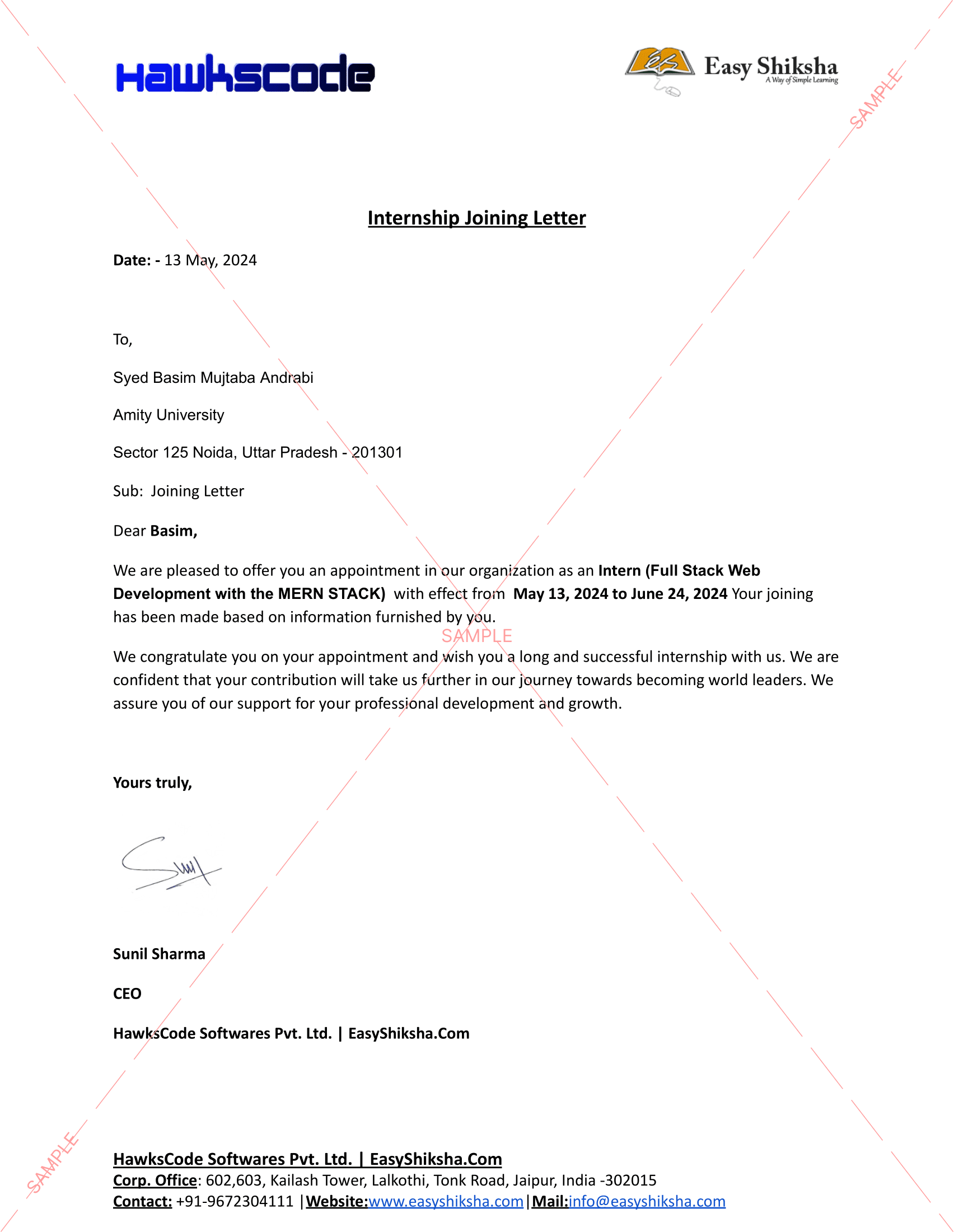In today’s competitive business landscape, organizations are constantly seeking ways to improve their operations, enhance customer satisfaction, and stay ahead of the curve. One proven strategy to achieve these goals is the implementation of a robust Quality Management System (QMS). EasyShiksha.com, a leading provider of online education and training programs, highlights the top benefits of adopting a QMS, which can serve as a roadmap to business excellence.
Top Courses in Quality Management System
Consistent Quality Delivery:
A well-designed QMS ensures that your organization consistently delivers products or services that meet or exceed customer expectations. By establishing standardized processes, procedures, and quality control measures, you can minimize variability and ensure a high level of quality throughout your operations.
Improved Efficiency and Productivity:
A QMS streamlines your workflows, reduces waste, and optimizes resource utilization. By identifying and addressing inefficiencies, you can improve overall productivity, reduce costs, and enhance your profitability.
Enhanced Customer Satisfaction:
When your customers consistently receive high-quality products or services, their satisfaction and loyalty are likely to increase. A QMS empowers your organization to better understand and address customer needs, leading to improved customer retention and referrals.
Reduced Errors and Non-Conformances:
A QMS helps you proactively identify and address potential issues before they result in costly errors or non-conformances. By establishing robust quality control processes and continuous improvement initiatives, you can minimize the risk of defects, recalls, or customer complaints.
Regulatory Compliance and Risk Mitigation:
Many industries are subject to strict regulatory requirements, and a QMS can help ensure your organization’s compliance with relevant standards and guidelines. This not only mitigates legal and financial risks but also enhances your brand reputation and credibility.
Continuous Improvement and Innovation:
A QMS encourages a culture of continuous improvement, where employees are empowered to identify opportunities for enhancement and implement effective solutions. This fosters a dynamic environment that promotes innovation and organizational growth.
Competitive Advantage:
By implementing a QMS, your organization can differentiate itself from competitors and establish a reputation for quality, reliability, and customer-centricity. This can lead to increased market share, greater pricing power, and a stronger position in the industry.
Employee Engagement and Morale:
A well-designed QMS involves employees at all levels, promoting a sense of ownership, accountability, and pride in their work. This can lead to improved employee engagement, reduced turnover, and a more motivated and capable workforce.
EasyShiksha.com’s comprehensive online courses and training programs can help organizations of all sizes and industries develop and implement an effective QMS. By leveraging the expertise of industry professionals and following industry-leading best practices, businesses can unlock the full potential of a QMS and drive their journey towards business excellence.

FAQs: Frequently Asked Questions
- What are the key components of a Quality Management System?
- A QMS typically includes elements such as quality policies, quality objectives, quality control procedures, document management, internal audits, corrective and preventive actions, and management review.
- How long does it take to implement a Quality Management System?
- The time required to implement a QMS can vary depending on the size and complexity of the organization, the scope of the QMS, and the level of commitment from the management team. Generally, it can take several months to a year or more to fully develop and deploy a comprehensive QMS.
- Do I need to be certified to have a Quality Management System?
- While certification (e.g., ISO 9001) is not always mandatory, it can provide external validation and recognition of your QMS. Many organizations choose to pursue certification as it demonstrates their commitment to quality and can enhance their credibility in the market.
- How can EasyShiksha.com help in implementing a Quality Management System?
- EasyShiksha.com offers a wide range of online courses and training programs that cover the essential elements of a QMS, including quality management principles, process improvement techniques, and quality auditing. These courses can equip your team with the necessary knowledge and skills to develop, implement, and maintain an effective QMS.
Also Read: Self-Development On the House: Explore Free Internships and Online Courses
Get Course: data science course
Conclusion:
Implementing a Quality Management System is a strategic investment that can unlock a multitude of benefits for your organization. By fostering a culture of quality, efficiency, and continuous improvement, a QMS can serve as a roadmap to business excellence. Strengthening your competitive position, enhancing customer satisfaction, and driving sustainable growth. EasyShiksha.com‘s comprehensive educational resources can empower your organization to navigate the QMS journey and achieve your goals of operational excellence and long-term success.






































































